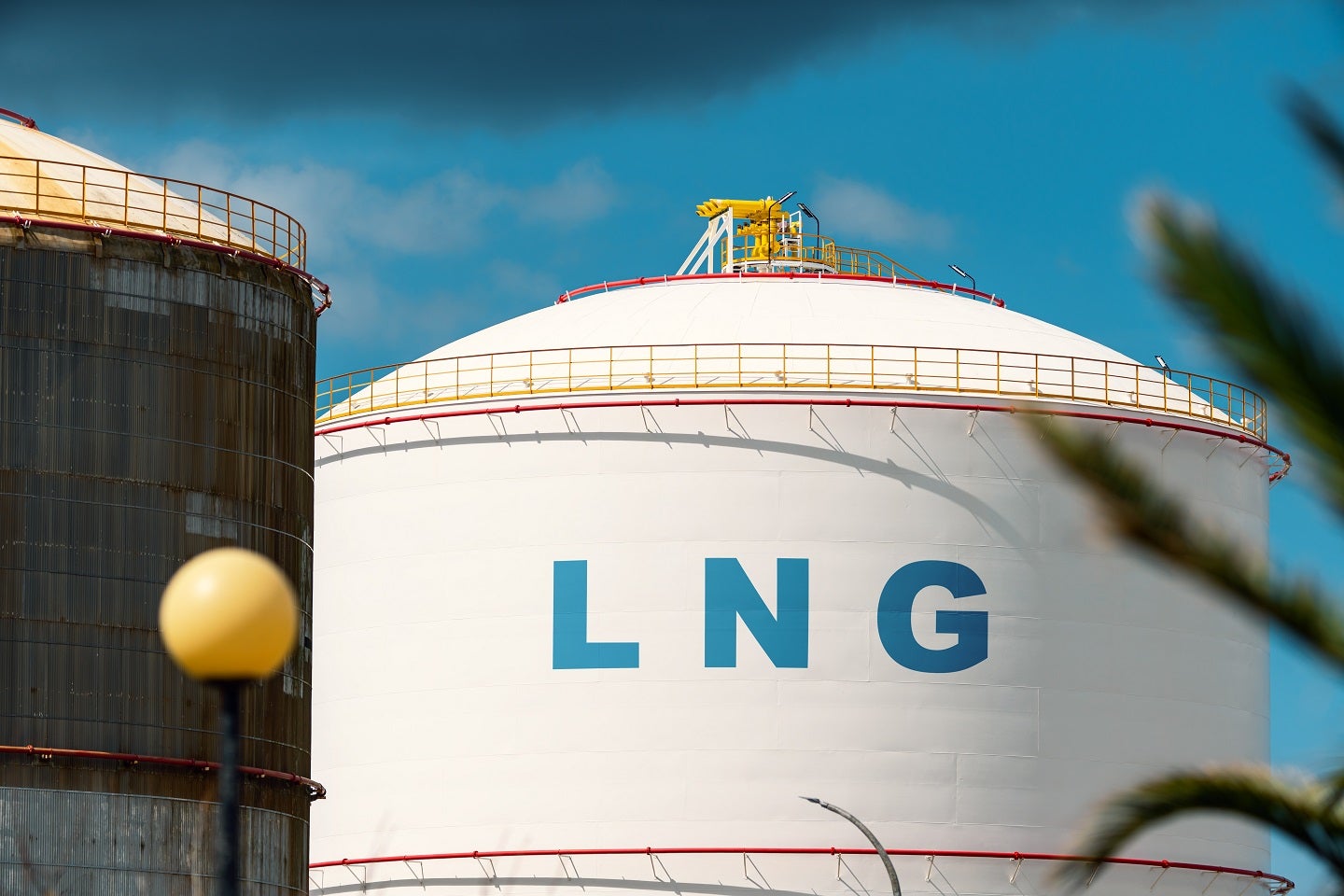
Trinidad’s state-owned National Gas Company (NGC), Shell and bp are this week set to sign a restructuring agreement related to the Atlantic LNG facility on the south-west coast of Trinidad, reported Reuters, citing three people familiar with the matter.
Atlantic LNG operates four trains with a combined production capacity of up to 15 million tonnes per annum (mtpa) of the gas. However, in 2022, the facility produced only 8.2mtpa as train 1 was left idle.
Currently, Shell and bp hold 54% and 40% stakes, respectively, in trains 2, 3 and 4. NGC holds a minority stake in train 4 but does not own stake in trains 2 and 3.
The new agreement aims to simplify the structure of the project into ownership across all four trains. This would reduce Shell’s stake to 45% and increase BP’s interest to 45%, while NGC will secure a 10% stake.
The Chinese Investment Co, which had owned around a 10% interest in train 1, will have no stake in Atlantic LNG, a Trinidad joint venture company, according to sources.
The new shareholding structure will represent the quantity of liquefied natural gas (LNG) that each party will contribute to Atlantic LNG.
The agreement will put an end to five years of negotiations between the parties.
In December 2022, the partners of Atlantic LNG reached an agreement to restructure ownership of the LNG company, following four years of negotiations.
In recent years, Atlantic LNG failed to access enough supply to maintain operations at its four liquefaction units.
As a result, the Trinidad Government has been calling on its gas producers to boost production to help restart the idled 500 million cubic feet per day LNG unit.
The first LNG train at the Atlantic facility ceased production at the end of 2020 due to reduced gas supply from Trinidad’s offshore fields.



